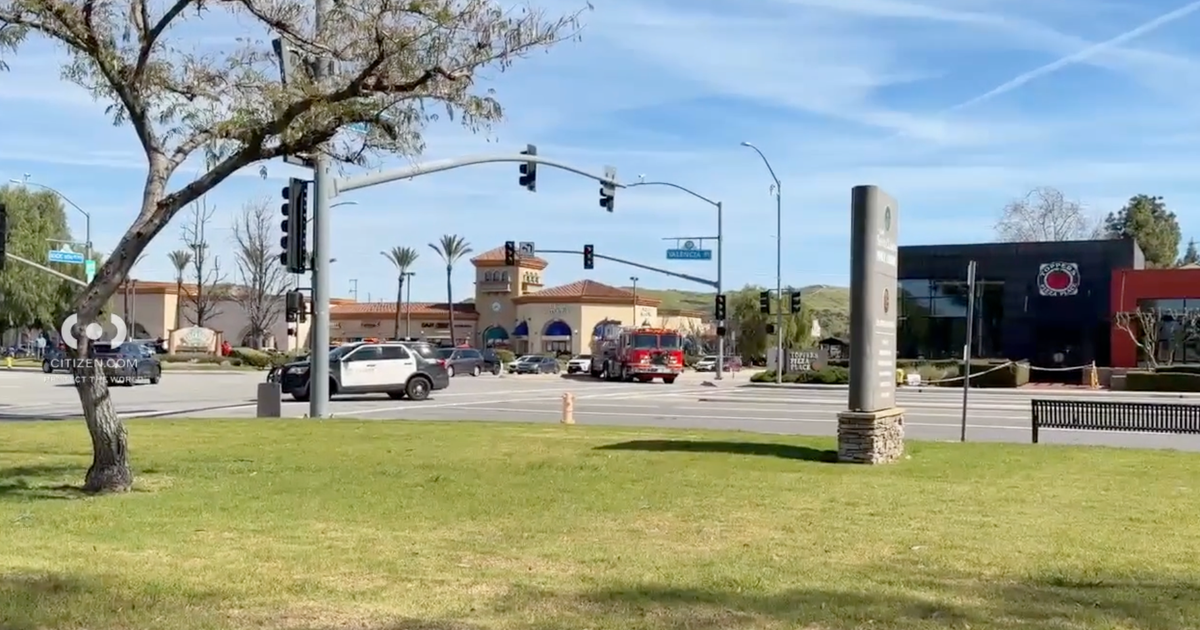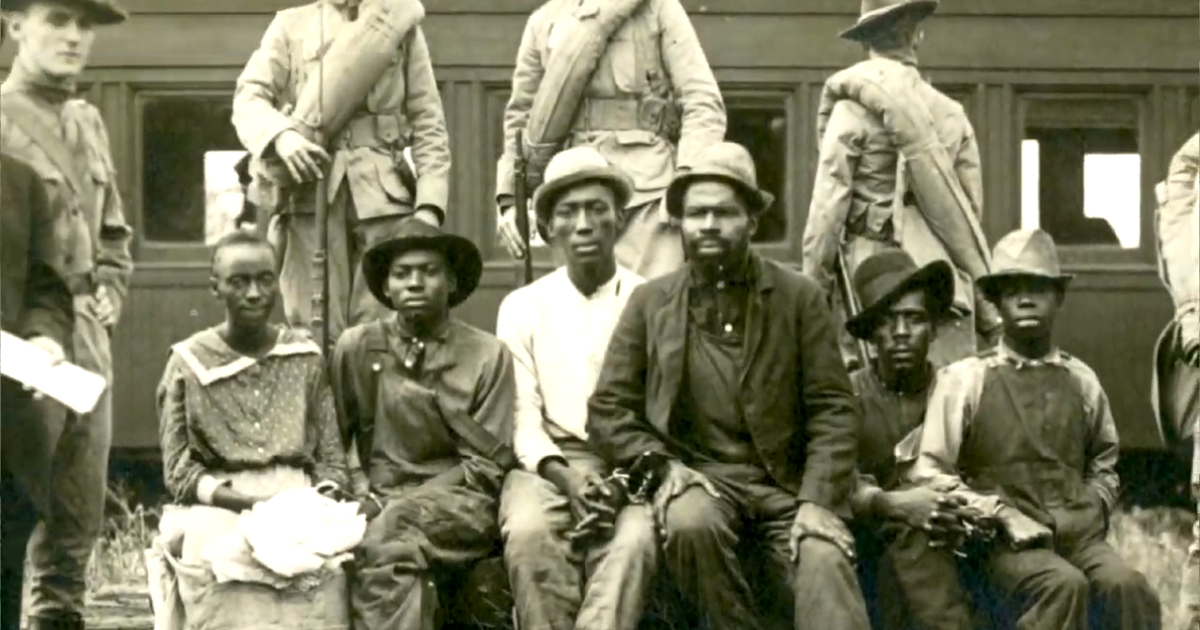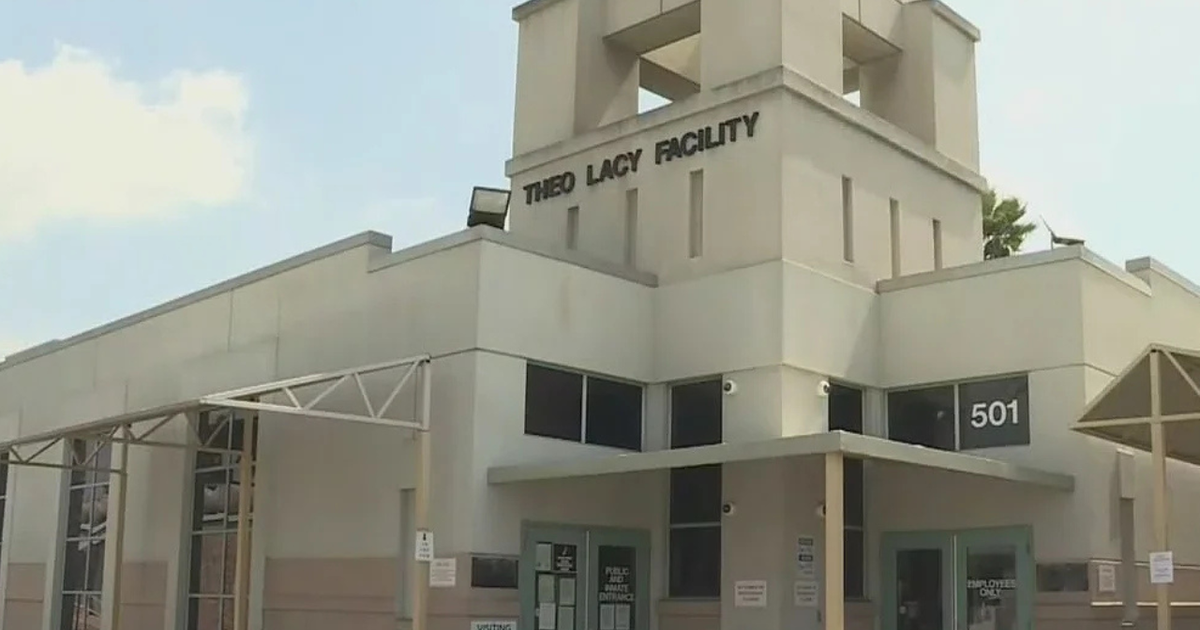Santa Clara County Seeks Funding For Backlog Of Rape Evidence Kits
SAN JOSE (CBS SF) -- Santa Clara County officials and employees who work closely with sexual assault survivors held a news conference at Santa Clara Valley Medical Center in San Jose Wednesday morning to discuss the potential of speeding up testing of evidence kits to solve the cases.
In February, Supervisor Cindy Chavez directed the District Attorney's Office to bring back information on how the county could pay to shorten the time it takes to process the kits.
Santa Clara County's current average for processing Sexual Assault Response Team kits is 94 days. Chavez aims to use county funding to add three analysts whose only job will be to go through the exams in order to expedite the process to 30 days or less.
Chavez's original request was 15 days or less, but after consulting crime lab staff, she found that to be less realistic.
Currently, the county's crime lab has 18 DNA analysts and three supervisors that handle any kind of DNA processing, not just SART kits, Chief Assistant District Attorney Jay Boyarsky said.
"The biggest benefit from the process that we've gone through is that its brought attention back to the issue of sexual assault," Boyarsky said. "By dedicating more resources to it, it reinforces the message that there is nothing more important that we could be doing."
The state of California has a standard of no more than 120 days, Chavez said, but she wants Santa Clara County to be a leader and show the nation what is possible when it comes to prioritizing the kits and emphasizing their importance to survivors.
Kim Walker, the SART nurse coordinator at Valley Medical Center, showed what the assault kits looked like and how they were used, from when a paper is laid on the floor to catch all possible DNA during examination to when the box is sealed up with swabs inside.
Walker said when people who have been sexually assaulted have to wait for their kits to be processed and hear back that they still have not been completed, it adds to the trauma they already face.
Boyarsky said he felt as though adding more staff would make kit processing more consistent, as police departments in the county have been able to do a great job in solving high-profile assault cases when the suspect is a stranger but more resources would allow victims who know their abuser to get justice with the same sense of priority.
He said he has put SART analysts on the witness stand before to testify about kits as evidence and more kits processed in a quick manner would provide even more of an opportunity to do so and make all survivors feel important.
Chavez estimated that additional staff would cost the county about $400,000 annually.
Though Boyarsky said that the District Attorney's Office has been working with Chavez for the last year, this initiative has been a long time coming, the supervisor said.
In 2013, Chavez said, the average time for a SART kit processing was over 500 days. She commended the District Attorney's office for bringing that number down.
The county now has an estimated backlog of about 200 kits, according to Boyarsky. Most of those kits consist of cases where the suspect of the assault is already known.
If the county supervisors vote on May 8 to approve funding for extra analysts, the queue will be cleared out in two to three months by sending the kits to other certified labs in the state, Boyarsky said.
Chavez and fellow speakers organized Wednesday's news conference to discuss efforts to move kits forward faster on National Denim Day, the day designated on a Wednesday in April for the last 19 years in honor of Sexual Violence Awareness Month, according to Chavez's office.
National Denim Day, a campaign established by non-profit organization Peace Over Violence, was inspired by an Italian Supreme Court ruling in which justices overturned a rape conviction because they felt that the victim's jeans were too tight to remove without help, an insinuation that the assault was consensual.
The day following the hearing, women in the Italian Parliament came to work wearing jeans in solidarity with the victim. The campaign is used now to honor the activism surrounding the gesture.
Activism like National Denim Day is the reason why Chavez focused on SART kit testing in the first place, she said.
Not long after being elected, she received a letter from a constituent writing about having watched a documentary about the state's delay in getting kits processed and wanted to know the county's status with the issue.
"You want to reach out to local government, because we do respond," Chavez said.
"In an era where at a federal level we have a leader that has shown incredible disrespect for women, at a local level, we can do better," Chavez said. "We are going to demonstrate through policies and practices that we really do respect them."
© Copyright 2018 CBS Broadcasting Inc. and Bay City News Service. All Rights Reserved. This material may not be published, broadcast, rewritten or redistributed.






